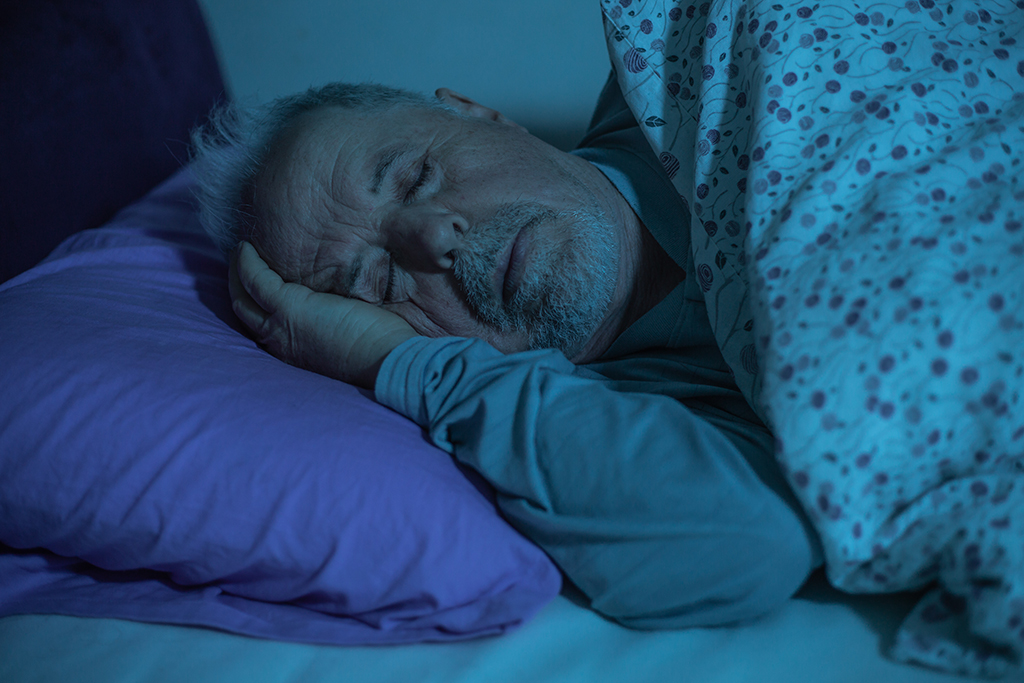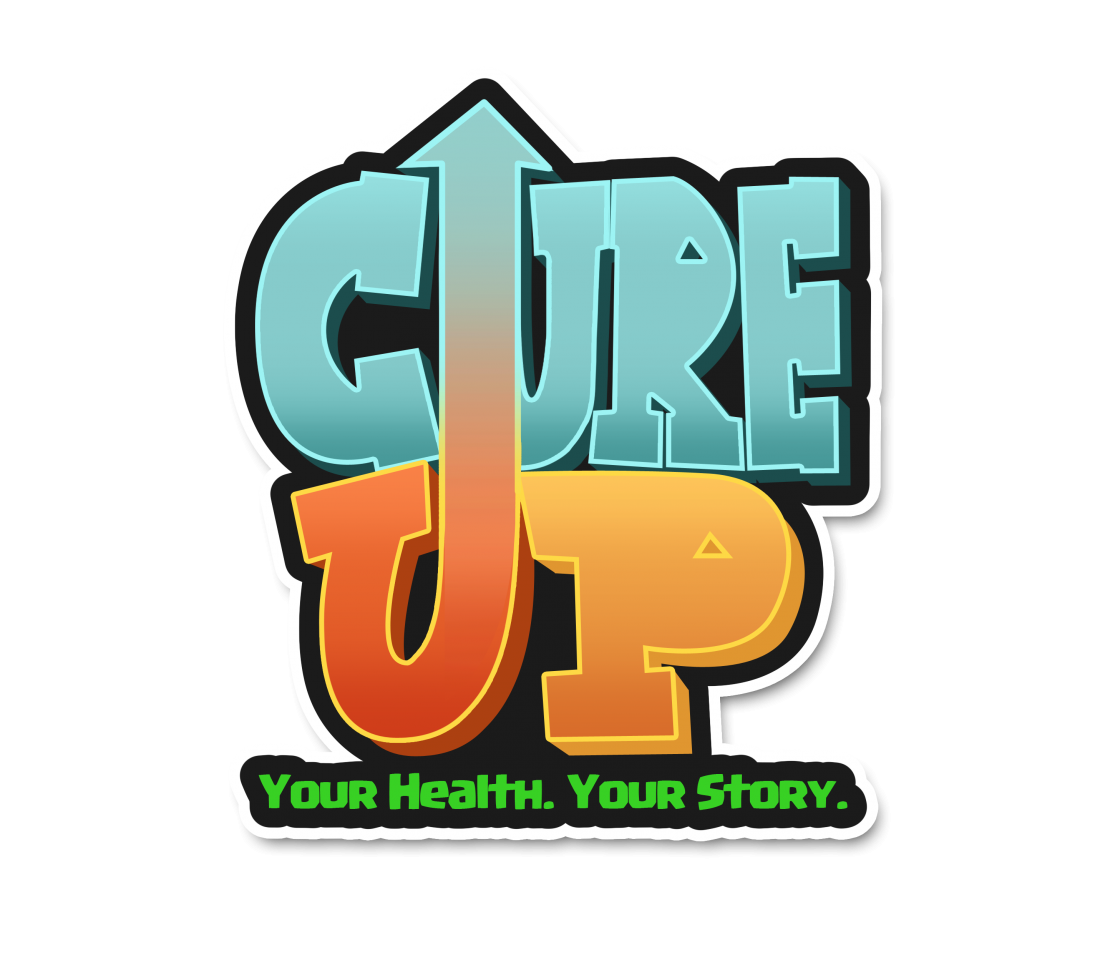FATIGUE is a common symptom of rheumatoid arthritis yet it comes as a surprise to many who have just been diagnosed and those who do not have the condition. Did you know that fatigue is actually one of the most common symptoms of RA? Rheumatologists are still struggling with figuring out why it happens to the whole body instead of just individual parts.
One reason for this is because rheumatoid arthritis is an autoimmunue disease, your whole body could be fighting it.
Those that experience this fatigue describe this in a number of ways:
● Draining
● Exhausting
● Like running a marathon and not being able to move
● Feeling tired all day but not being able to sleep
While this symptom is frustrating and exhausting, there are ways you can combat your rheumatoid arthritis fatigue.
- 1. Develop a strategy with your doctor
Fighting arthritis inflammation is an important first step to take. Your doctor can help you decide which anti-inflammatory medications are best for you. In many cases, decreasing inflammation can also decrease fatigue associated with arthritis.
- 2. Change your sleeping habits
Sleep is an important restorative process for the body, but it works best when you enter the REM cycle about 3 hours into sleep. Napping throughout the day can disrupt your body’s ability to sleep healthily. Avoid naps despite your fatigue and you will get a better night’s rest. Alcohol and large meals close to bedtime can also disrupt sleep so make sure to eat a healthy dinner early in the evening. Limit caffeine intake to the mornings as it can negatively affect your ability to sleep if consumed later in the day. Another important change to make is to go to sleep and wake up at the same every day to develop a healthy pattern for your body.

- 3. Exercise regularly
If you suffer from fatigue, it can be hard to motivate yourself to get moving. However, exercise has been shown to energize those with RA and improve mood. Lack of exercise or movement can actually make fatigue worse. If you are unsure of where to start, it may help to work with a physical therapist who can recommend the best exercises for you. Generally, the best workouts are low impact activities such as swimming and walking.
- 4. Support your joints
Wearing a brace can ease pressure on the affected joints and make them feel better throughout the day. Less literal ways of supporting your joints can include devices such as electric can openers, handrails, tools for reaching and gripping, hands-free telephone, and zipper pulls. Even making small changes and using tools to perform otherwise basic tasks can reduce fatigue throughout the day and help keep you focused on the tasks ahead.
- 5. Consider talk therapy
It is already difficult to deal with a painful and chronic condition such as RA and the fatigue that often results only makes matters worse. Fatigue can also lead to depression and anxiety about your condition. Seeing a therapist and talking through your worries or concerns with a trained professional can be extremely freeing and therapeutic. It may not cure your fatigue, but remaining positive and knowing you have resources and someone to talk to can improve mood and general wellbeing.
To join the Conversation, Head over to our Facebook Group: CLICK HERE
Source: https://www.everydayhealth.com/hs/rheumatoid-arthritis-treatment-management/chronic-fatigue/









